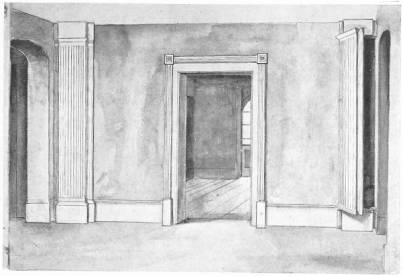Notable authors on the Vatican’s list of prohibited books:
- Francis Bacon
- Honoré de Balzac
- Giordano Bruno
- Nicolaus Copernicus
- Daniel Defoe
- René Descartes
- Denis Diderot
- Desiderius Erasmus
- Gustave Flaubert
- Galileo Galilei
- Edward Gibbon
- Thomas Hobbes
- Victor Hugo
- David Hume
- Immanuel Kant
- John Locke
- John Stuart Mill
- John Milton
- Blaise Pascal
- Jean-Jacques Rousseau
- Jean-Paul Sartre
- Jonathan Swift
- Voltaire
- Émile Zola
George Bernard Shaw said, “Censorship ends in logical completeness when nobody is allowed to read any books except the books that nobody reads.”




